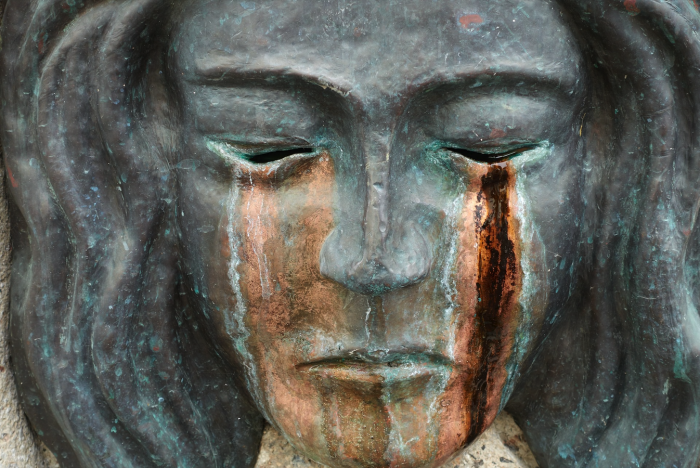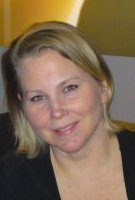I have always loved the poem “One Art” by Elizabeth Bishop.
In it, she writes about an escalating series of losses until she confronts the most painful loss of all: a person in her life. It is as though, by practicing the art of loss, she is in effect, shielding herself from the biggest heartbreak that looms.
If only it were that easy.
As a New York City area nurse who was violently thrust to the frontlines from my usual sterile, safe enclave of the operating room in March, April, and May, I have become well acquainted with the tearing, scorching pain of loss.
The refrigerated mortuary trucks, the overhead codes that were called via loudspeaker, signaling the ebbing away of someone’s life, and the patients who died without their families are the images that come through the mist of my consciousness as I wake every morning.
Then there were my coworkers who became sick. Some of them died. I recently read a sobering statistic: nurses who have died worldwide from COVID-19 equal the number of casualties in World War I.
It is hard to process the enormity of that number.
Things started to get better this summer. The loudspeakers played “Here Comes the Sun” after a patient was successfully extubated. There was a running tally of COVID-19 discharges. I used to ruefully think, “I hope it doesn’t become billions and billions like McDonald’s.”
I felt stuck for a while. I still had nightmares. I piled on 30 pounds from stress eating. I was ashamed that I couldn’t move on like I felt some of my coworkers did. I felt weak and ungrateful.
Six months later, cases are on the upswing again. But rather than panic, I began to realize, to quote Albert Camus, “In the depth of winter, I finally learned that was in me an invincible summer.”
I am prepared to do what I was trained to do. I have learned that I can do small, great things.
How did I get better and prepare myself? I am a recovering alcoholic with 30 years of sobriety—I used the tools from my recovery.
The Serenity Prayer that I learned in recovery is a huge influence on my life:
“God grant me the serenity to accept the things I cannot change, courage to change the things I can, and wisdom to know the difference.”
I was smart enough to pick up that I had PTSD and enlisted the support of an excellent therapist who helped me tremendously. I knew I was powerless over the catastrophe that the pandemic was inflicting; however, I could control my responses to it.
In his book “David and Goliath,” Malcolm Gladwell details the “near miss” phenomenon of Londoners who lived through the German’s bombardment. Rather than becoming cowed by repeated attempts, they took on a survivor’s exhilaration.
My survivor’s exhilaration consists of a daily gratitude list:
>> my health
>> the continued health of my family
>> a job that I get to go to and work hard at it
>> the ability to comfort people
>> a roof over my head
“The courage to change the things I can.”
This consisted of changing myself and my thinking. Recharging has become paramount. Nature and gardening offer hope of better times to come. Whenever I have downtime, I reach out to loving, supportive friends who recharge me.
I have distanced myself from the toxic people; I have too little a life force to have it drained away. I journal, and it is illuminating to see the progress I have made.
I salvage the broken things I find in the trash and make them beautiful again. Changing myself also consists of honest self-examination—being heavy during a pandemic increases risks. I’m grateful that I’m within four pounds of my pre-pandemic weight, and I’m starting my daily running habit again.
“Wisdom to know the difference.”
Sometimes we get in our own way. We lose our internal compass and stop navigating correctly. Rather than slap my emotional mask on again, I am learning to be open—to be vulnerable and realize that I don’t know what I don’t know. To feel again.
April and May left me with a lingering sense of my mortality. There’s no time like now to be the person I’d like to be remembered as.
I hope I’m dead wrong. I hope the surging numbers in my area will subside rather than escalate. But my internal winter has unleashed a resilience in me that I never knew I had. COVID-19, we’re closing in on you. Your days are numbered.









Read 9 comments and reply